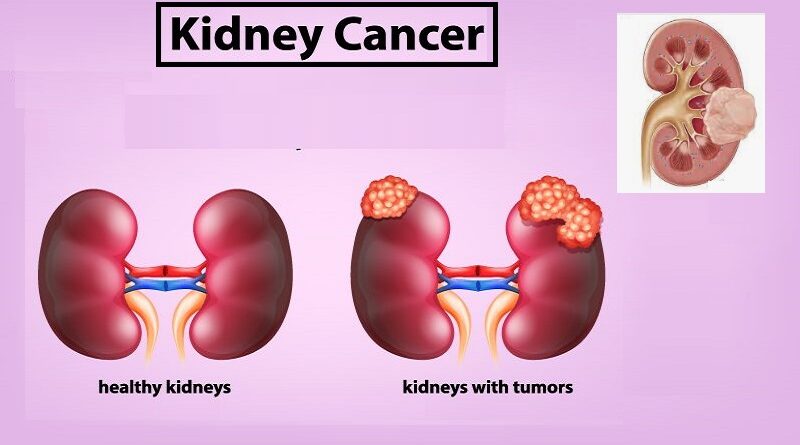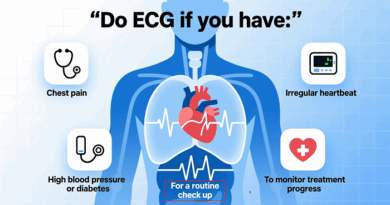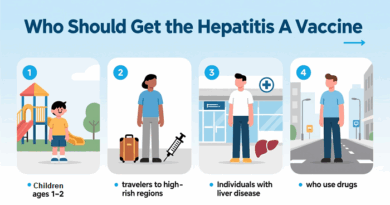Kidney Cancer: Unmasking the Stealthy Invader
Last Updated on 02/09/2026 by Helal Medical
In the vast realm of cancer, there are numerous adversaries that require our attention, one of which is kidney cancer. Even though it did not receive as much concern as some other types of cancer, This cancer is a significant health concern affecting thousands of people worldwide. In this article, we will delve into the intricate details of this serious condition, exploring its causes, symptoms, diagnosis, treatment options, and the importance of early detection.
What is Kidney Cancer?
Also known as renal cell carcinoma, it is a type of cancer that originates in the kidneys, the vital organs responsible for filtering waste products from the blood and producing urine. The disease primarily affects the small tubes in the kidney, called tubules, which are involved in the filtration process.
Causes and Risk Factors
While the exact causes of kidney cancer remain elusive, several risk factors have been identified. These include:
- Smoking:
Tobacco use, particularly long-term smoking, significantly increases the risk of developing this serious condition. - Obesity:
Excess weight and obesity have been linked to an increased likelihood of this cancer, as they put additional strain on the kidneys. - High blood pressure:
Uncontrolled hypertension has been associated with an elevated risk. - Family history:
Individuals with a family history are more prone to developing the disease themselves.
Symptoms
It often manifests silently, especially in its early stages. However, as the disease progresses, certain symptoms may arise, including:
- Blood in urine:
One of the most common signs of kidney cancer is the presence of blood in the urine, which may give it a pink, red, or cola-like appearance. - Lower back pain:
Persistent pain in the lower back or on one side of the abdomen. - Unexplained weight loss:
Sudden and unexplained weight loss can be a warning sign of various cancers, including this cancer. - Fatigue:
Generalized fatigue and a sense of weakness, particularly in later stages.
Diagnosis
Detecting kidney cancer in its early stages can significantly improve the chances of successful treatment. To diagnose the disease, healthcare professionals employ several methods, including:
- Imaging tests:
Techniques such as ultrasound, CT scans, and MRI scans can create detailed images of the kidneys and help identify potential tumors. - Biopsy:
A biopsy involves extracting a small sample of kidney tissue for examination under a microscope, enabling a definitive diagnosis.
Treatment Options
The treatment plan for kidney cancer depends on various factors, including the stage of the disease, the size and location of the tumor, and the patient’s overall health. Common treatment options include:
- Surgery:
Surgical intervention, such as a nephrectomy, is often the primary treatment for kidney cancer. Depending on the extent of the disease, either a partial or complete removal of the affected kidney may be required. - Targeted therapy:
Targeted drugs are designed to specifically attack cancer cells, inhibiting their growth and preventing the spread of the disease. - Immunotherapy:
Immunotherapy harnesses the body’s immune system to fight cancer cells. It stimulates the immune response, helping to recognize and destroy cancerous cells.
Importance of Early Detection and Prevention
Given the stealthy nature of kidney cancer, early detection plays a vital role in improving survival rates. Regular health check-ups, particularly for individuals at a higher risk, can aid in the early identification of potential issues. Furthermore, adopting a healthy lifestyle, including maintaining a balanced diet, staying physically active, avoiding tobacco, and managing blood pressure, can contribute to reducing the risk.
SUMMARY
Kidney cancer, a formidable opponent in the realm of cancer, demands our attention and understanding. By recognizing its causes, symptoms, diagnostic methods, and treatment options, we equip ourselves with the knowledge needed to combat this disease effectively. Early detection and timely intervention can make a world of difference, potentially saving lives and ensuring a brighter future for those affected by this serious condition. Let us stand united in the fight against this stealthy invader, raising awareness and promoting a proactive approach to kidney health.
If you suspect that you may have symptoms, Helalmedical can help, offering quick, private, and convenient testing options. You may contact us here: Facebook page.
Discover more from Helal Medical Manila
Subscribe to get the latest posts sent to your email.



